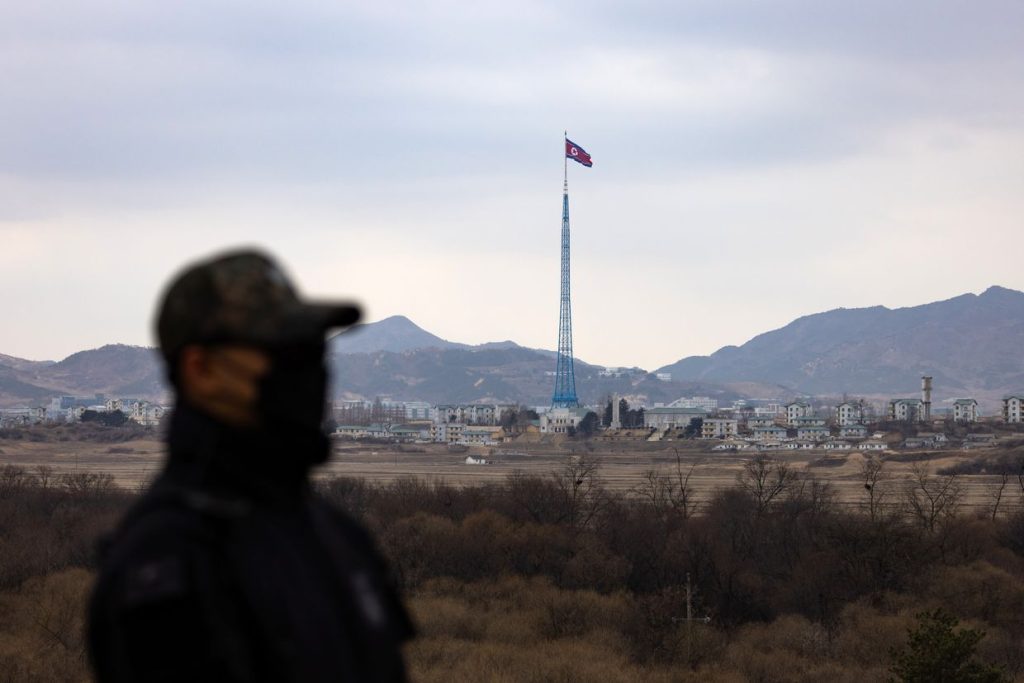The tensions between North Korea, the United States, Russia, and Ukraine have escalated following accusations of North Korea illegally supplying weapons to Russia and the U.S. decision to send $8 billion in military aid to Ukraine. North Korea, through Kim Yo Jong, the sister of leader Kim Jong Un, criticized the U.S. for intensifying the war in Ukraine and potentially sparking a nuclear conflict with Russia. Russian President Vladimir Putin has warned of using nuclear weapons if attacked, adding to the volatile situation. The U.S. aid package to Ukraine includes long-range weapons to enhance their ability to target Russian forces from safer distances, further escalating the situation.
Meanwhile, Russian Foreign Minister Sergey Lavrov cautioned Ukraine and its Western allies against trying to “fight to victory” with a nuclear power like Russia. Lavrov’s speech at the United Nations General Assembly highlighted the risks involved in engaging in conflict with a nuclear-armed nation. Russia’s warnings about the use of nuclear weapons have added a dangerous element to the ongoing tensions in the region. The U.S. decision to provide additional military aid to Ukraine has been condemned by North Korea and seen as a provocative move that could lead to further escalation and conflict.
The statements from North Korea and Russia reflect the complex web of alliances and conflicts that exist in the international arena. The interplay between major powers like the U.S., Russia, and North Korea has far-reaching implications for global security and stability. The possibility of a nuclear conflict looms large as tensions continue to rise in the region. The U.S. support for Ukraine, the Russian involvement in the conflict, and the North Korean weapon supply allegations all contribute to the heightened state of alert and uncertainty.
The situation in Ukraine has become a focal point for geopolitical maneuvering and power plays. The conflict has drawn in major players like the U.S., Russia, and now North Korea, each with its own strategic interests and alliances. The risk of inadvertent escalation into a full-blown conflict involving nuclear powers is a real concern. The rhetoric and actions of all parties involved need to be carefully monitored and managed to prevent a catastrophic outcome. Diplomatic efforts and dialogue are essential to defuse tensions and find peaceful resolutions to the ongoing crisis.
The international community must work together to address the root causes of the conflicts in Ukraine and beyond. Issues of territorial disputes, sovereignty, and power dynamics need to be addressed through peaceful means and negotiations. The growing militarization and nuclear threat in the region require a concerted effort to de-escalate tensions and prevent further conflict. Collaborative approaches, dialogue, and diplomacy are vital to finding sustainable solutions that promote peace and security for all parties involved. The stakes are high, and the consequences of miscalculation or miscommunication could have devastating effects on the global stage. It is crucial for world leaders to prioritize dialogue and cooperation to navigate the complex geopolitical landscape and prevent a descent into chaos and conflict.















